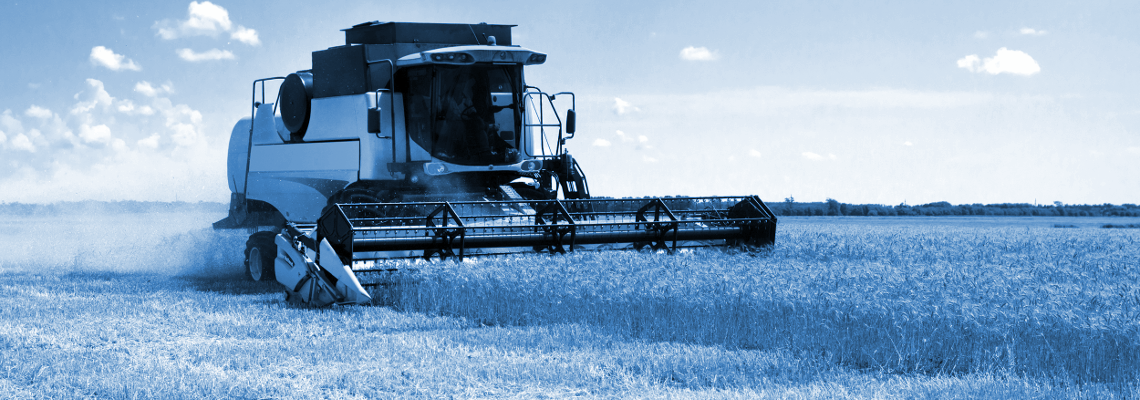Iseki develops one of the largest unmanned tractors in Japan
FAR EAST: JAPAN REPORT

Iseki announced the development of an unmanned tractor that operates without a pilot under the supervision of a human operator. With 123 horsepower, one of the largest in Japan, the tractor will support labor-saving agricultural work amid the trend toward large-scale farming. Priced from 21.9 million yen, the tractor will be marketed to large-scale farmers, mainly in Hokkaido.
The company’s human-supervised robotic tractor, which previously had a maximum power of 98 hp, has increased its power to 123 hp, thereby expanding the range of work and reducing the time required. It also reduces the time needed to train farmers who are unfamiliar with operating the tractor, allowing them to work more efficiently.
Source: The Nikkei




